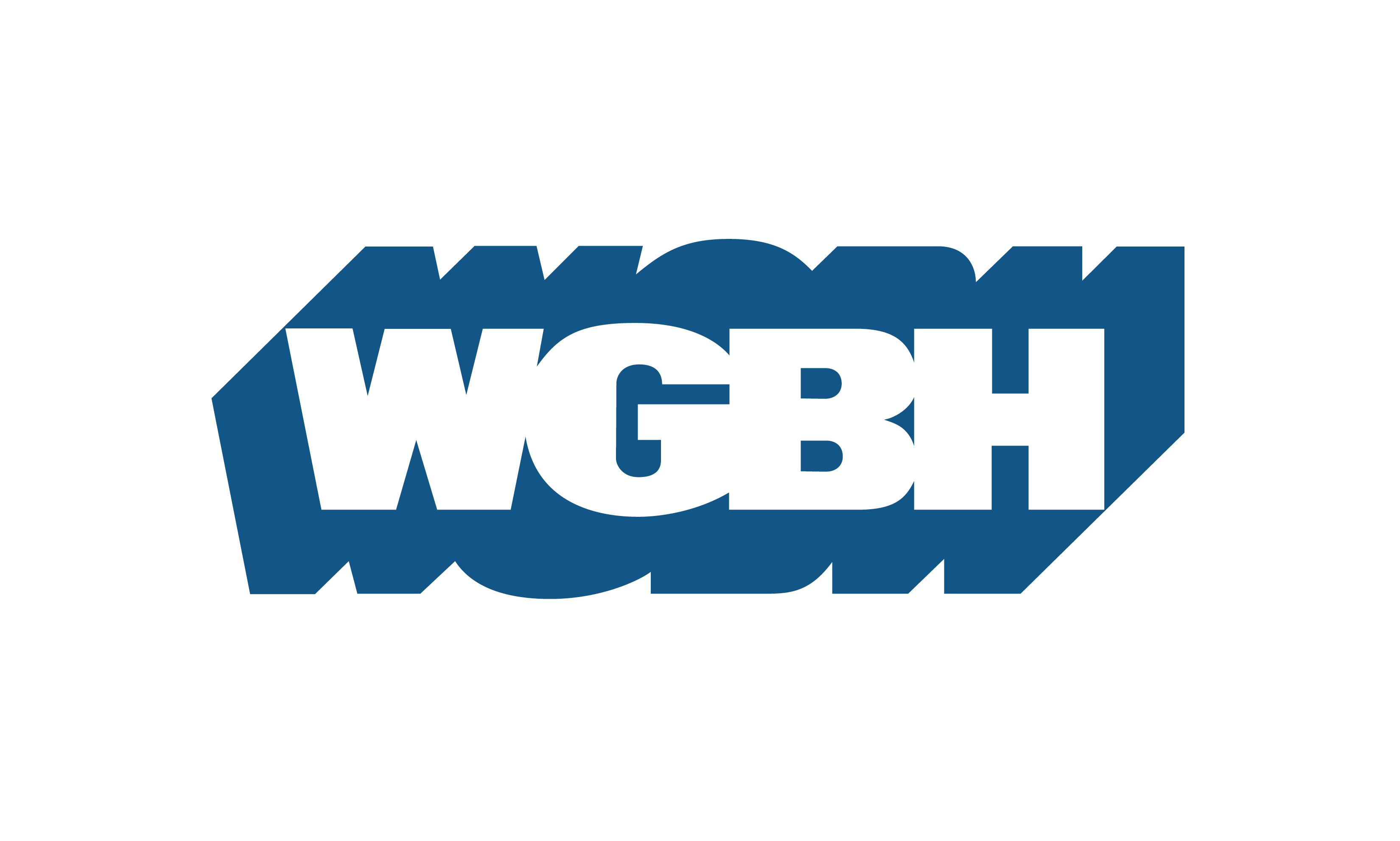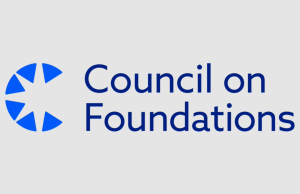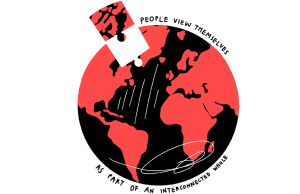WGBH Educational Foundation launched what it describes as the largest-ever capital campaign for a public media organization. The “Campaign for WGBH: Leadership in the Digital Century,” is a five-year, $175-million campaign that the Boston, Mass.-based organization aims to complete by the end of 2020.
The launch of the public phase of the campaign last week comes as the organization is more than two-thirds of the way toward its final goal achieved. To date, $122 million has been raised from individual and institutional donors, according to a press release announcing the campaign.
“Serving our public media mission in the dynamic, digital landscape means having flexibility to seize new opportunities, invest in research and development, and leverage new tools to empower our visionary storytellers, journalists and producers,” Jon Abbott, president and CEO of WGBH, said. “Strengthening our financial future will advance WGBH as a media innovator and trusted provider of honest, educational content that includes and empowers all of our citizens,” he said via a press release announcing the public phase of the campaign.
WGBH is the largest producer of PBS content for television and the web. The campaign made a $10-million commitment to a merger between Public Radio International (PRI) and PRX, announced in August. The funds will be directed to new content development, including enhancements of PRI’s The World, creation of an audio production studio, and to open new PRX Podcast Garages beyond the flagship Boston location.
WGBH Educational Foundation ranked No. 42 in the 2018 NPT 100, a study of the largest nonprofits in the country that derive at least 10 percent of overall revenue from public support.
The organization reported total revenue of almost $416 million, including $120 million in public support, during 2017, up from $161 million and $136 million, respectively, in the previous year. Much of the increase was due to $218.7 million in proceeds from a spectrum auction of its broadcast licenses, trading the designation in the ultra-high frequency (UHF) band for one in the very high frequency (VHF) band.










